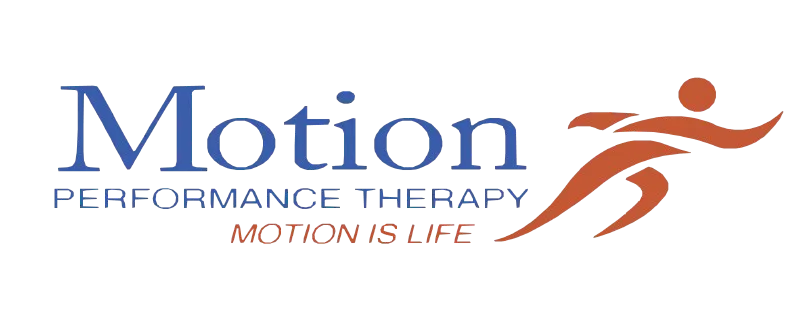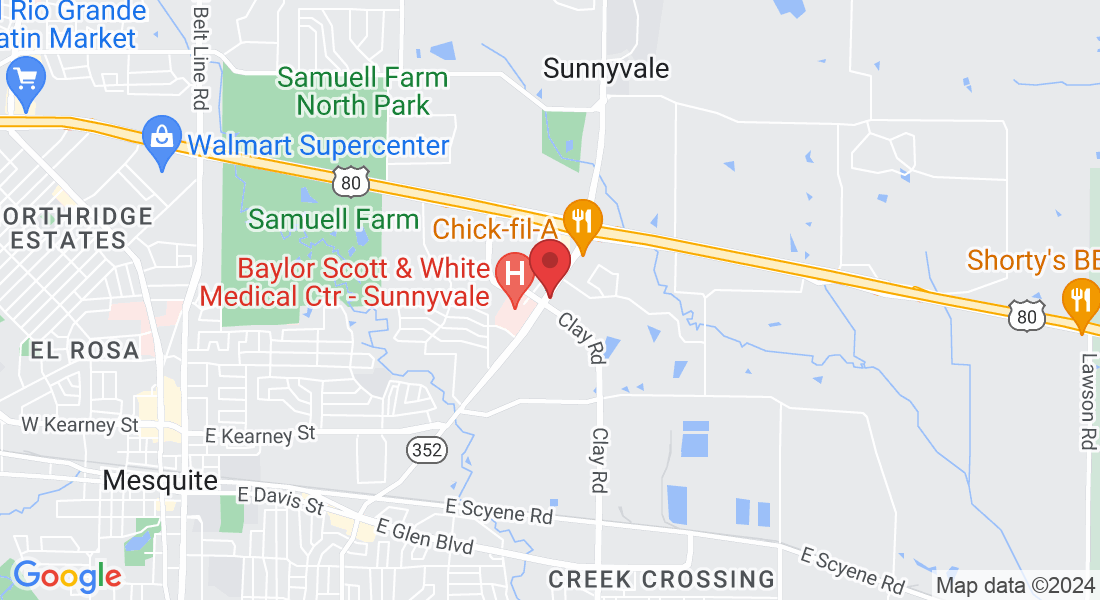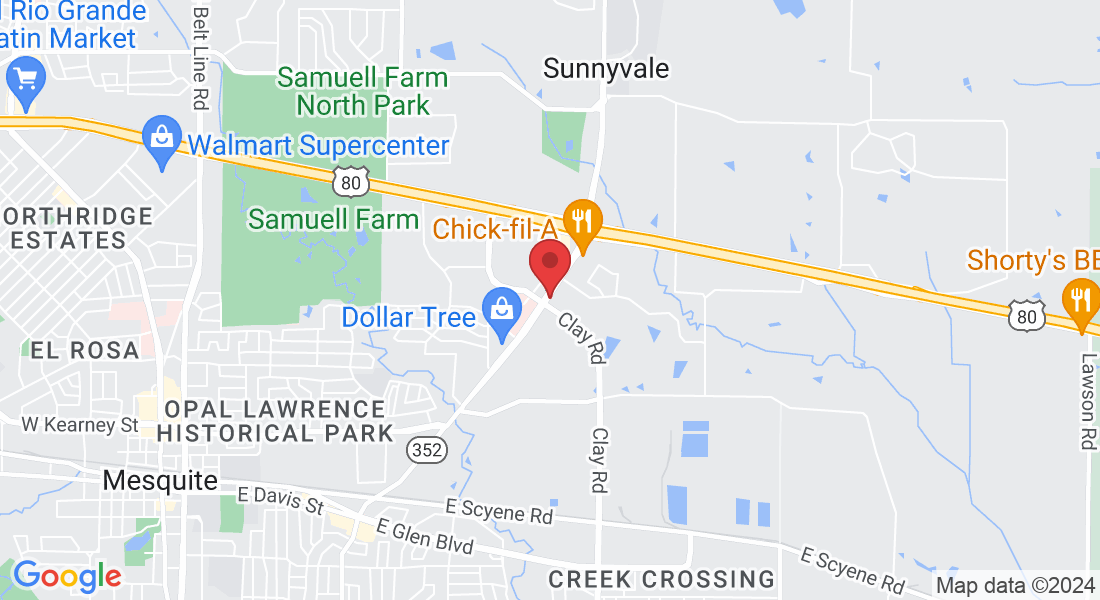214-256-3778
(214) 256-3770


Frozen Shoulder Specialist
When patients from Sunnyvale, Texas and the greater east Dallas area suffer from frozen shoulders, Jeff Zhao, DO at the Dallas Orthopedic and Shoulder Institute provides thorough and effective care to help them return to normal activities.


Frozen Shoulder Specialist
When patients from Sunnyvale, Texas and the greater east Dallas area suffer from frozen shoulders, Jeff Zhao, DO at the Dallas Orthopedic and Shoulder Institute provides thorough and effective care to help them return to normal activities.
Frozen Shoulder Q & A
What Is a Frozen Shoulder?
A frozen shoulder, which is the layman’s term for adhesive capsulitis, is a condition which causes pain and stiffness in the shoulder, reducing mobility over time. Frozen shoulder is most common in people between the ages of 40-60, although it can affect people of all ages and genders. Frozen should is caused by the thickening and tightening of the shoulder capsule, causing thick bands of tissues, referred to as adhesions, to develop.
The symptoms of a frozen shoulder include a dull aching pain and an inability to move the arm through its full range of motion. The condition has 3 phases. First, during the freezing stage, the shoulder slowly becomes more painful and difficult to move. In the second stage, frozen, the pain may reduce a little, but the stiffness and inability to move are at their peak. Many patients are unable to complete normal day-to-day activities during the frozen stage.
During the final stage, known as thawing, shoulder motion slowly returns. Some patients return to normal or close to normal strength and motion.
What Causes Frozen Shoulder?
There is no single known cause of frozen shoulder. The condition does not have obvious links to movement, occupation or arm dominance. There are a few factors that can increase the risk of developing frozen shoulder.
People with diabetes or other diseases such as thyroid disease, Parkinson’s disease, and cardiac disease may be at higher risk. Also, when a patient has had shoulder immobilization following surgery or other shoulder injury, the joint may freeze due to lack of movement and the other injuries.
How Are Frozen Shoulders Treated?
Whenever possible, Dr. Zhao will attempt non-surgical treatments for a frozen shoulder. He may suggest NSAIDs, steroid injections, and physical therapy to reduce pain, swelling, and to restore strength and range of motion. In some cases, surgery may be necessary, if therapy and anti-inflammatory medications do not resolve the issue.
Surgical treatments may include manipulation under anesthesia, where you are sedated and the doctor moves your shoulders to stretch or tear the adhesions. Dr. Zhao may also perform shoulder arthroscopy to clean out the shoulder and cut through tight portions of the joint capsule.
Dr. Zhao treats each of his patients as an individual and understands that there is not a one size fits all approach. He will work with each patient to determine the best solution for his or her frozen shoulder.
Frozen Shoulder Q & A
What Is a Frozen Shoulder?
A frozen shoulder, which is the layman’s term for adhesive capsulitis, is a condition which causes pain and stiffness in the shoulder, reducing mobility over time. Frozen shoulder is most common in people between the ages of 40-60, although it can affect people of all ages and genders. Frozen should is caused by the thickening and tightening of the shoulder capsule, causing thick bands of tissues, referred to as adhesions, to develop.
The symptoms of a frozen shoulder include a dull aching pain and an inability to move the arm through its full range of motion. The condition has 3 phases. First, during the freezing stage, the shoulder slowly becomes more painful and difficult to move. In the second stage, frozen, the pain may reduce a little, but the stiffness and inability to move are at their peak. Many patients are unable to complete normal day-to-day activities during the frozen stage.
During the final stage, known as thawing, shoulder motion slowly returns. Some patients return to normal or close to normal strength and motion.
What Causes Frozen Shoulder?
There is no single known cause of frozen shoulder. The condition does not have obvious links to movement, occupation or arm dominance. There are a few factors that can increase the risk of developing frozen shoulder.
People with diabetes or other diseases such as thyroid disease, Parkinson’s disease, and cardiac disease may be at higher risk. Also, when a patient has had shoulder immobilization following surgery or other shoulder injury, the joint may freeze due to lack of movement and the other injuries.
How Are Frozen Shoulders Treated?
Whenever possible, Dr. Zhao will attempt non-surgical treatments for a frozen shoulder. He may suggest NSAIDs, steroid injections, and physical therapy to reduce pain, swelling, and to restore strength and range of motion. In some cases, surgery may be necessary, if therapy and anti-inflammatory medications do not resolve the issue.
Surgical treatments may include manipulation under anesthesia, where you are sedated and the doctor moves your shoulders to stretch or tear the adhesions. Dr. Zhao may also perform shoulder arthroscopy to clean out the shoulder and cut through tight portions of the joint capsule.
Dr. Zhao treats each of his patients as an individual and understands that there is not a one size fits all approach. He will work with each patient to determine the best solution for his or her frozen shoulder.
Our Patient Reviews
Our Locations
Dallas Orthopedic and Shoulder Institute - Sunnyvale
Office Hours
Monday through Friday - 8:00am – 5:00pm
Saturday & Sunday – CLOSED
Motion Performance Therapy - Sunnyvale
Clinic Hours
Monday through Thursday - 7:00 am - 5:30 pm
Friday, Saturday & Sunday - CLOSED
Phone Number:
214-256-3778
Address
222 South Collins Road, Suite 101
Sunnyvale, TX 75182
Dallas Orthopedic and Shoulder Institute - Kaufman
Office Hours
Monday through Thursday - 8:00am – 5:00pm
Friday, Saturday & Sunday - CLOSED
Motion Performance Therapy - Kaufman
Clinic Hours
Monday through Thursday - 7:00 am - 5:30 pm
Friday, Saturday & Sunday - CLOSED
Phone Number:
214-256-3778
Address
874 Ed Hall Dr Suite 104, Kaufman, TX 75142 (Professional building next to Texas Health Presbyterian Hospital in Kaufman)
Our Patient Reviews
Our Locations
Dallas Orthopedic and Shoulder Institute - Sunnyvale
Office Hours
Monday through Friday - 8:00am – 5:00pm
Saturday & Sunday – CLOSED
Dallas Orthopedic and Shoulder Institute - Sunnyvale
Clinic Hours
Monday through Thursday - 7:00 am - 5:30pm
Friday, Saturday & Sunday - CLOSED
Phone Number:
214-256-3778
Address
222 South Collins Road, Suite 101
Sunnyvale, TX 75182
Dallas Orthopedic and Shoulder Institute - Kaufman
Office Hours
Monday through Thursday - 8:00am –5:00pm
Friday, Saturday & Sunday - CLOSED
Motion Performance Therapy - Kaufman
Clinic Hours
Monday through Thursday - 8:00am –5:00pm
Friday, Saturday & Sunday - CLOSED
Phone Number:
214-256-3778
Address
874 Ed Hall Dr Suite 104, Kaufman, TX 75142 (Professional building next to Texas Health Presbyterian Hospital in Kaufman)


Copyright 2026Dallas Orthopedic and Shoulder Institute. All rights reserved





